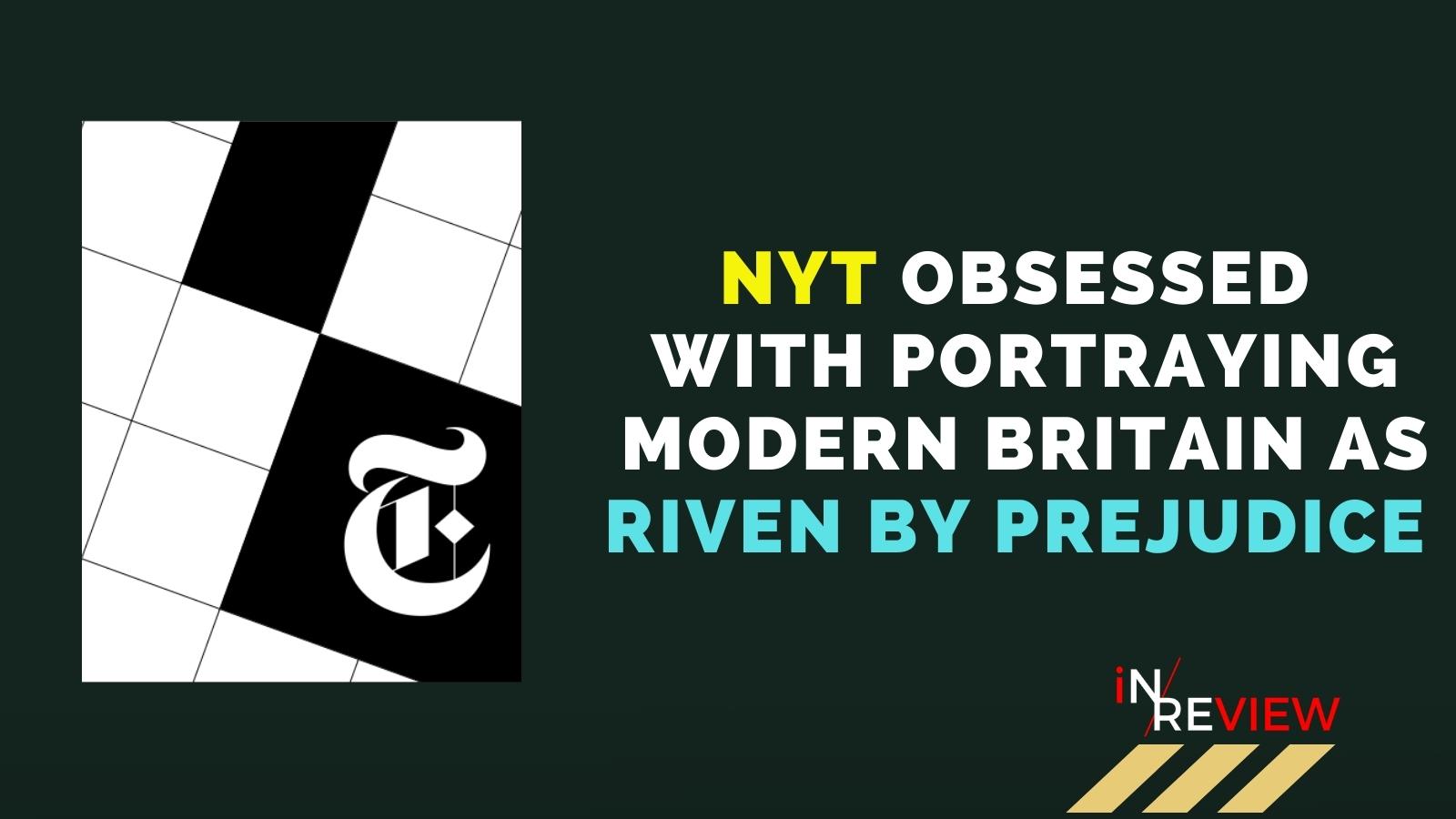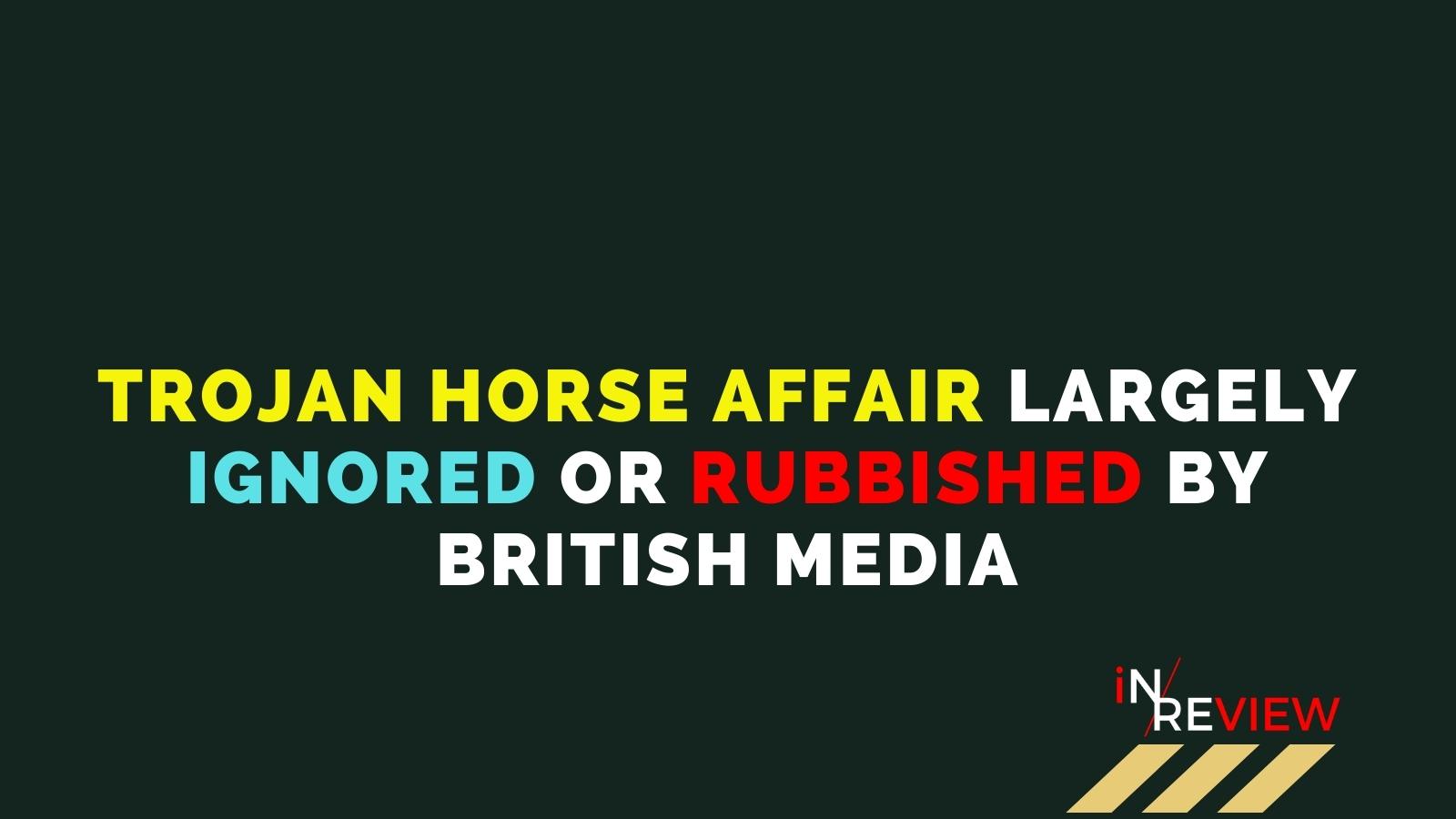- Mexican Cartels’ Violent Turf Wars Escalate After ‘El Mencho’s’ Death
- Arsenal star told to leave club after Mikel Arteta decision
- Poland’s Foreign Minister Accuses Hungary of Blocking EU Support for Ukraine
- Former F1 driver arrested in international raid
- UK Firms Brace for Uncertain Future Amid Rising US Tariffs
- Students filmed using fireworks to blow up lamb in shocking incident | News UK
- Close friends and sisters among nine skiers who died in California avalanche
- Peter Mandelson Arrested on Misconduct Charges: Latest Updates and Reactions
The Trojan Horse Affair.
Seven years on, the Trojan horse affair remains perhaps the best known and most polarising event that sums up Britain’s relationship with its Muslim citizens.
The Trojan Horse scandal was set in motion when an anonymous letter arrived at the office of Albert Bore, the leader of Birmingham City Council, in November 2013. The story led to several government investigations, the most important of which was carried out by Peter Clarke, former Metropolitan Police counter-terrorism chief, for the Department for Education.
Even though it is widely thought to be a hoax, Clarke did not attempt to confirm or refute its authenticity.
The “Trojan horse” letter itself was quickly discredited as a fake, but the allegations it contained took on a life of their own. “Revealed: Islamist plot dubbed ‘Trojan Horse’ to replace teachers in Birmingham schools with radicals”, said one Daily Mail article a few weeks after the story broke. “Council leader calls for a fightback on ‘schools jihad plot’”, said the Birmingham Mail not long after.
It was mentioned in the 2017 Ukip manifesto, and it is rare for a month to go by without some reference to the scandal in the right-wing press. In fact, in 2017-18 the Telegraph and the Times have warned of a “new Trojan horse plot” in different parts of Britain.
The term “Trojan horse” quickly became shorthand for a broad, often vague, range of anxieties about Muslims gaining undue influence in British society;.
The Trojan Horse scandal has resurfaced in recent weeks due to an eight-part New York Times podcast that investigates the scandal. The podcast reveals beyond reasonable doubt that the letter was a forgery while exposing serious flaws in official reporting into the Trojan Horse affair.
Yet, it’s largely been ignored, rubbished or patronised by the British media. The same British media which was convulsed by a moral panic over the summer of 2014 about what, thanks to the New York Times, we can now see as a fabricated event.
But the British media – right and left – has largely ignored the podcast – and those who have covered it, regardless of political leanings, all seem to agree the NYT podcast has got it wrong and the American newspaper is just out to get Britain.
We look at some left and right-wing opinion pieces to see why they’re not fans of the latest investigation from The New York Times.
NYT fixates on racism in Britain and as far as the paper is concerned, the UK is awash in race hatred
Why does the New York Times hate Britain?
The Daily Mail is one of the newspapers that hopped on the Trojan Horse scandal at the time – and it spewed out its racist rhetoric quickly. Since the release of the podcast, the paper has taken the angle that the New York Times is just out to get Britain.
The paper describes Hamza Syed as a “hotheaded reporter” who “can hardly contain his fury about the rampant racism and Islamophobia in Britain.” The British-Asian student journalist, as the Daily Mail describes him, doesn’t give a f*** for

impartiality in general in this jaw-droppingly one-sided investigation into the ‘racist lie’ that lay behind the Trojan Horse scandal which erupted in 2014 in Birmingham.”
The letter was quickly dismissed as a fake, but according to the article, some of the claims turned out to be true – two official reports found that Muslim teachers and governors, were guilty of trying to Islamise schools.
The Daily Mail says the series ignores evidence in which Muslim teachers say homosexuals should be burnt alive, the bullying of five Birmingham headteachers who said they were bullied by hardline Muslim governors as the latter tried to impose Islamic practices.
The key angle the Daily Mail is focusing on is why the ‘sanctimonious Left-wing’ NYT is so obsessed with ‘portraying modern Britain – particularly since Brexit – as a country riven by prejudice, culturally backward, economically disintegrating and crumbling into irrelevance.’
But why does the NYT spend so much time attacking Brexit Britain and the government? It’s simple – it wants to steal British readers from The Guardian. The NYT fixates on racism in Britain and as far as the paper is concerned, the UK is awash in race hatred, adds the Daily Mail.
Read the full story, Why DOES America’s smuggest newspaper have such a pathological loathing for Britain? By TOM LEONARD – (Daily Mail).

The Guardian doesn't agree with NYT
“Powerful men and institutions are adept at throwing around accusations of racism or anti-faith bigotry to undermine the credibility of people speaking up about child protection.”
"Tahir Alam does not represent British Islam"
How the podcast got it so wrong
The Guardian is one of only a handful of British newspapers that are reporting on the Trojan Horse scandal podcast – and the general tone from the left-leaning paper is similar to articles published in right-wing papers – the podcast is wrong and the NYT just doesn’t like Britain.
Sonia Sodha writes for the Guardian that the one-sided series blaming Islamaphobia for the 2014 Birmingham schools controversy risks ‘opening old wounds’.
The article says the podcast “skewers the art of narrative journalism Serial is widely considered to have pioneered.’ Whilst pointing to long-form podcasts having ‘blockbuster potential’ but it can also be dangerous – the paper says this form of journalism comes with the temptation to “cherry-pick facts in service of a gripping story.”

The podcast presents a one-sided account that according to the columnist “minimise cold protection concerns, misogyny and homophobia to exonerate the podcast’s hero – Tahir Alam.” The podcast breaches the standards the public expects of journalists – with “cruel consequences” for those along the way.
The article says what happened in Birmingham in 2014 is a story of two parts. The first was an anonymous letter that was quickly dismissed as a hoax and how it got caught up in an intra-Whitehall fight between Michael Gove and Theresa May. Gove held it up as evidence that violent extremism was blossoming unchecked by the Home Office; May claimed the issues uncovered were a product of Gove’s academy reforms.
The second part is what was uncovered by the many reports, reviews and inquiries from multiple agencies found. They said there was no plot but a small cluster of Birmingham schools – including three schools run by Alam – that had poor governance, lack of child protection safeguards, people with extremist views and cultures in which homophobia and misogyny, including from teachers, were allowed to flourish and intolerance to diversity was encouraged.
Alam claims the various bodies were driven by Islamophobia when they made these findings. The article says that Alam’s claims the bodies exaggerated their findings for nefarious reasons has been dismissed by the courts but it hasn’t stopped the podcasters from promoting a similar story.
Hamza Syed made it clear from the beginning of the podcast – he wants to prove his suspicion that a female Muslim headteacher wrote the Trojan letter for her own parochial reasons. The podcasters fail in this mission but it doesn’t stop them from accusing her of ‘racist judo’, they also attempt to discredit the findings of what went on in the schools that were run by Alam. They also subjected two whistleblowers to a seven-hour interrogation on their testimony that they described in a complaint to the NYT as “torture.”
“Powerful men and institutions are adept at throwing around accusations of racism or anti-faith bigotry to undermine the credibility of people speaking up about child protection.”
The article writes, the podcasters fail to understand the personal costs of whistleblowing. The writer spoke to a female Muslim whistleblower about the abuse and intimidation she faced as a result of speaking out.
Tahir Alam does not represent British Islam, writes the Guardian, surveys show the majority of British Muslims reject “the ultra-conservative form of Islam” that influenced these schools. And whilst the NYT said it considered the complaints that it received from the whistleblowers and others – it concluded the podcast was “the most comprehensive account to date of a matter of huge national importance and debate.”
But the Guardian says the account of what happened is a false narrative and that it isn’t just Islamophobia to blame – though it has its part to play. The Guardian’s overall belief is that the NYT owes an apology to the communities that were affected by this – they used this scandal for nothing more than a gripping story.
Read the full story, The Trojan Horse Affair: how Serial podcast got it so wrong by Sonia Sodha (The Guardian)

Birmingham deserves better
“The current contest for who speaks for British Islam is one of the dirtiest in our liberal democracy.”
NYT cannot deconstruct the detail of all the enquiries into the schools
Khalid Mahmood is the MP for Birmingham Perry Bar and a Senior Fellow at Policy Exchange, he writes for the Spectator all the parts, he believes, the NYT gets wrong about the Trojan Horse Affair.
“The New York Times has it in for Britain.” is the opening line – as the most senior serving Muslim parliamentarian and an MP in Birmingham for over twenty years, Mahmood says the podcasts ‘portrays a city that is unrecognisable to him and calls the podcast series ‘an act of utter irresponsibility’
The podcast set out to prove the letter was a hoax and to show if there was no plot, there was no problem – allowing the Trojan Horse Affair to be used as an example of the ‘secularisation’ of British Muslims.
The NYT intervention served as catnip for those who claim to speak for British Muslims.
The writer says from his own experience ‘other voices face significant intimidation’. Before the first NYT podcast appeared, the Government Legal Department wrote to the media to remind them they cannot name the five whistleblowers who had raised concerns about events in Birmingham schools in this period.

There has been harsh criticism for those who have different views on the podcast. Shaista Gohir of the Muslim Women’s Network, whose complaints of sexism by Muslim men are dismissed as the work of a ‘native informant.’ Sonia Sodha, who critiqued the podcast in the Observer, is categorised as a reminder that ‘not all skinfolk are your kinfolk.’ Nusrat Ghani is accused of ‘Islamophobia’ when she says Brummies don’t want their children taught conspiracy theories. And Labour MP Khalid Mahmood writes he is dismissed as a ‘Brown neocon’. He asks is there any wonder some do not want to put their head above the parapet? “The current contest for who speaks for British Islam is one of the dirtiest in our liberal democracy.”
The podcast ‘seeks to rehabilitate Tahir Alam’ – a man who is a long-term fixture in Birmingham and national Islamic Circles. He spoke warmly of the increasing number of Muslim schools, but warned: ‘Unfortunately from an Islamic point of view there are many unhealthy influences within schools.’

The NYT investigation focuses on the Trahan Horse letter because it cannot deconstruct the detail of all the enquiries into the schools and their failings. The podcast curiosities the successful headteacher of Adderley School, accusing her of using Islamophobia to her own advantage, the podcaster Hamza Syed uses vile language in his assessment of her ‘racist judo’
The writer says the challenge in Birmingham is that a small number of people are ‘committed to developing an education system rooted in their own interpretation of Islam’ instead of teaching them the importance of recognising all faiths and preparing them for the wider society. “They would amount to little but for their persistence, ability to articulate grievance, and skill in gaining support from the loudest voices in the activist milieu.”
The NYT is no stranger to making claims that cannot be substantiated and in its 2022 Birmingham story, ‘it has blundered again’ – emboldening the worst elements of the community.’ Birmingham deserves better says, Mahmood.
Read the full story What the New York Times gets wrong about the ‘Trojan Horse Affair’ By Khalid Mahmood on The Spectator
Deep Dive
Deep Dive
Fact Checking
Fact-checking & Additional resources:
Trojan Horse scandal
The Trojan Horse scandal, also known as “Operation Trojan Horse” or the Trojan Horse affair, involves claims of an alleged conspiracy that there was an organised attempt to introduce an “Islamist” or “Salafist” ethos into several schools in Birmingham, England.
Trojan horse letter text
The letter – allegedly written by a Muslim was offering advice to a co-conspirator – outlining a five-stage strategy called “Operation Trojan Horse”.
Step one: identify vulnerable schools where most of the pupils are Muslim.
Step two: Identify a group of sympathetic parents to agitate for an Islamic agenda.
Step three: Put in place governors who adhere to the same conservative Islamic beliefs.
Step four: Identify staff to disrupt the school from within by changing rules and undermining unsympathetic colleagues.
Step Five: Send anonymous letters and PR campaigns with the aim of forcing the headteacher to resign.
The letter stated that this strategy “is tried and tested within Birmingham”, and named specific schools where it had supposedly been carried out.

Subscribe to Updates
Get the latest creative news from FooBar about art, design and business.



